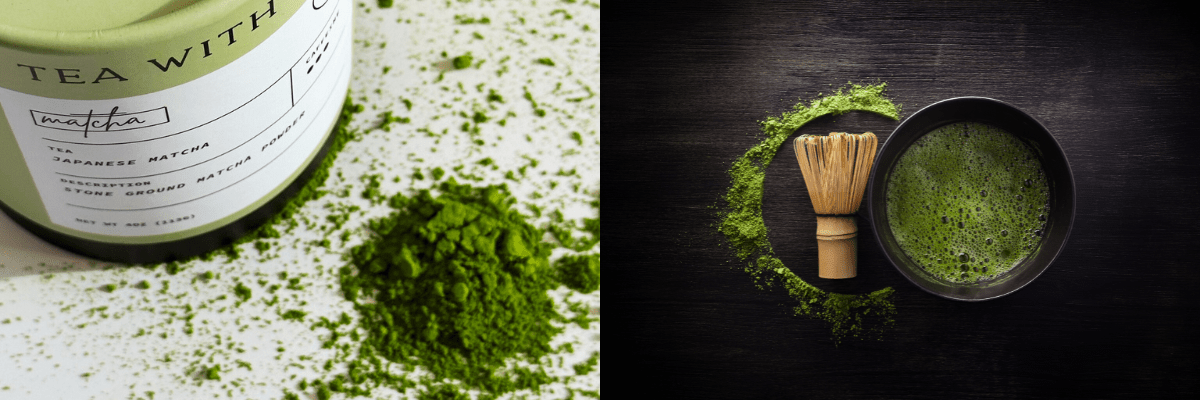
Tea Boosts Bone Health
Tea, one of the world's oldest and most beloved beverages, is not just cherished for its flavor and the calmness it brings but also for its myriad health benefits. Among these benefits, one that stands out is its positive impact on bone health. This blog post delves into the reasons why incorporating tea into your daily routine could be a boon for your bones, supported by scientific research and nutritional insights. Contrary to popular belief, tea is NOT bad for osteoporosis. Rather, the science shows that drinking it regularly actually increases your bone mineral density and decreases your risk of developing osteoporosis later in life.
Link to most recent study showing that an increased daily tea intake is correlated with a lower risk of osteoporosis: Frontiers in Nutrition (published Feb. 21, 2024).
1. Rich in Antioxidants
Tea, particularly green and black tea, is abundant in antioxidants, such as flavonoids and catechins. These antioxidants play a crucial role in protecting bones by neutralizing free radicals, which are unstable molecules that can lead to oxidative stress and damage cells, including those that comprise bone tissue. By mitigating the effects of oxidative stress, the antioxidants in tea help maintain bone density and strength, potentially reducing the risk of osteoporosis and other bone-related diseases.
2. Contains Bioactive Compounds That Promote Bone Health
Research has shown that certain bioactive compounds in tea, including theaflavins and thearubigins in black tea, can stimulate bone formation and suppress bone resorption, the process by which bone tissue is broken down. These compounds influence the activity of osteoblasts (cells responsible for bone formation) and osteoclasts (cells involved in bone resorption), promoting a healthier balance between bone production and bone loss.
3. Source of Minerals Essential for Bone Structure
Tea is a natural source of minerals, such as fluoride, manganese, and potassium, which are essential for maintaining bone structure and health. Fluoride, in particular, is known for its role in strengthening bone mineral density. A moderate consumption of tea can contribute to the daily intake of these minerals, supporting bone mineralization and reducing the risk of fractures.
4. May Reduce the Risk of Osteoporosis
Osteoporosis is a condition characterized by weakened bones and an increased risk of fractures. Several epidemiological studies have found a positive correlation between regular tea consumption and higher bone mineral density in both men and women. This suggests that habitual tea drinking could be a simple and effective lifestyle choice to help prevent osteoporosis, especially in postmenopausal women who are at a higher risk for this condition.
5. Promotes Hydration
Hydration plays a vital role in maintaining overall health, including bone health. While water is the best source for hydration, tea also contributes to fluid intake without adding calories or sugar (when consumed without sweeteners). Proper hydration helps to ensure that nutrients essential for bone health are efficiently transported and absorbed in the body.
...
Tea offers a delicious and soothing way to support bone health, thanks to its rich content of antioxidants, bioactive compounds, and essential minerals. Incorporating tea into your daily routine, alongside a balanced diet and regular physical activity, can be a delightful and beneficial habit for your bones. Whether you prefer green, black, or herbal teas, enjoying a few cups a day could make a significant difference in maintaining strong and healthy bones as you age.
Remember, as beneficial as tea can be, it's important to consume it in moderation. Excessive consumption of tea can lead to potential drawbacks, such as intake of too much fluoride or interference with iron absorption. As with all dietary habits, balance and moderation are key.




Leave a comment
This site is protected by hCaptcha and the hCaptcha Privacy Policy and Terms of Service apply.